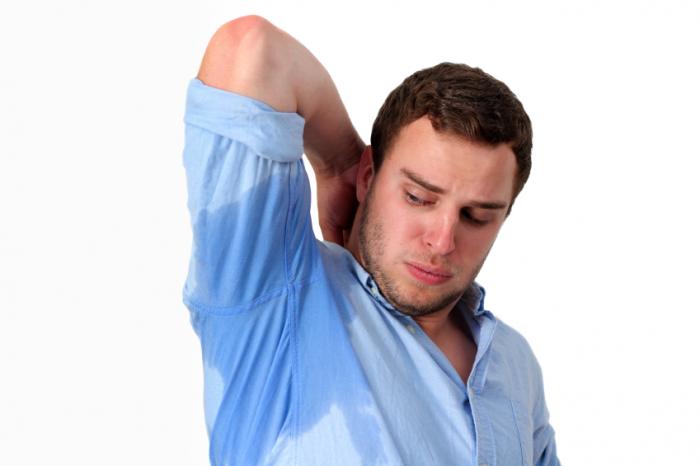It is normal for the body to become infected with sweating, but excessive sweating predicts the existence of a problem in the body, so this condition should not be neglected and research into its causes and methods of treatment.
Excessive sweating in the body causes a state of embarrassment, but this is not the main problem faced by the person with hyperhidrosis, but rather this may portend the presence of some health problems that result from this sweat.
Therefore, it is necessary to visit the doctor and undergo examinations in the event of excessive sweating than normal.
Signs of hyperhidrosis
According to best skin specialist in Islamabad some signs that you may have hyperhidrosis and that you have a problem causing this extra sweating, and they are:
Difficulty keeping clothes dry: the presence of permanent wetness in clothes, especially in the underarm area.
The lack of benefit from deodorant: Even with the use of the most effective types, it is difficult to eliminate bad perspiration.
Sweating after a shower: The lack of a relationship between hygiene and sweating, as people who suffer from hyperhidrosis discover the presence of sweat in the body even immediately after bathing.
Sweating in cold climates: As sweating accompanies the body in cold climates as well, and is not associated with day or evening, summer or winter.
Persistent sweating in the extremities: that is, in the palm of the hand and the foot, and is not limited to areas known to sweat, such as the armpits and face.
Diseases associated with hyperhidrosis
Here are the main diseases indicated by hyperhidrosis.
Low blood sugar: If the sugar level is lower than its normal range, the body will secrete a large percentage of sweat, which appears more in the areas of the face and the back of the neck. Therefore, people with hypoglycemia have more chances of developing perspiration than others.
Hyperthyroidism: One of the causes of excessive sweating is a problem with the thyroid gland, as the change in the level of thyroid hormones impedes the ability to regulate the body temperature, so sweating a lot indicates hyperthyroidism, and excessive coldness indicates hypothyroidism.
A problem with hormones: In the case of a disorder in the adrenal gland, it can lead to an imbalance of hormones in the body, which leads to the secretion of sweat, and that is why women in menopause and menopause are more prone to sweating as a result of changing levels of female hormones.
Lymph gland disorder: Hyperhidrosis may indicate a malfunction in the lymph gland, and thus the body cools itself more, resulting in perspiration.
High level of salts in the body: When the percentage of salts in the body is more than it can handle, this harms the functions of the body, the sweat gland activates to get rid of these extra salts from the body, and hyperhidrosis occurs.
Heart disease: When you have a heart problem, the body can sweat more, as the heart needs to use more energy to pump blood in the event of heart rhythm disturbances, and then the sweat appears excessively.
Autonomic neuropathy: It is a neurological disorder that affects the body's functions, such as heart rate, blood pressure, and digestion, and leads to sweating disorders, whether increased or decreased, and thus affects the regulation of body temperature.






